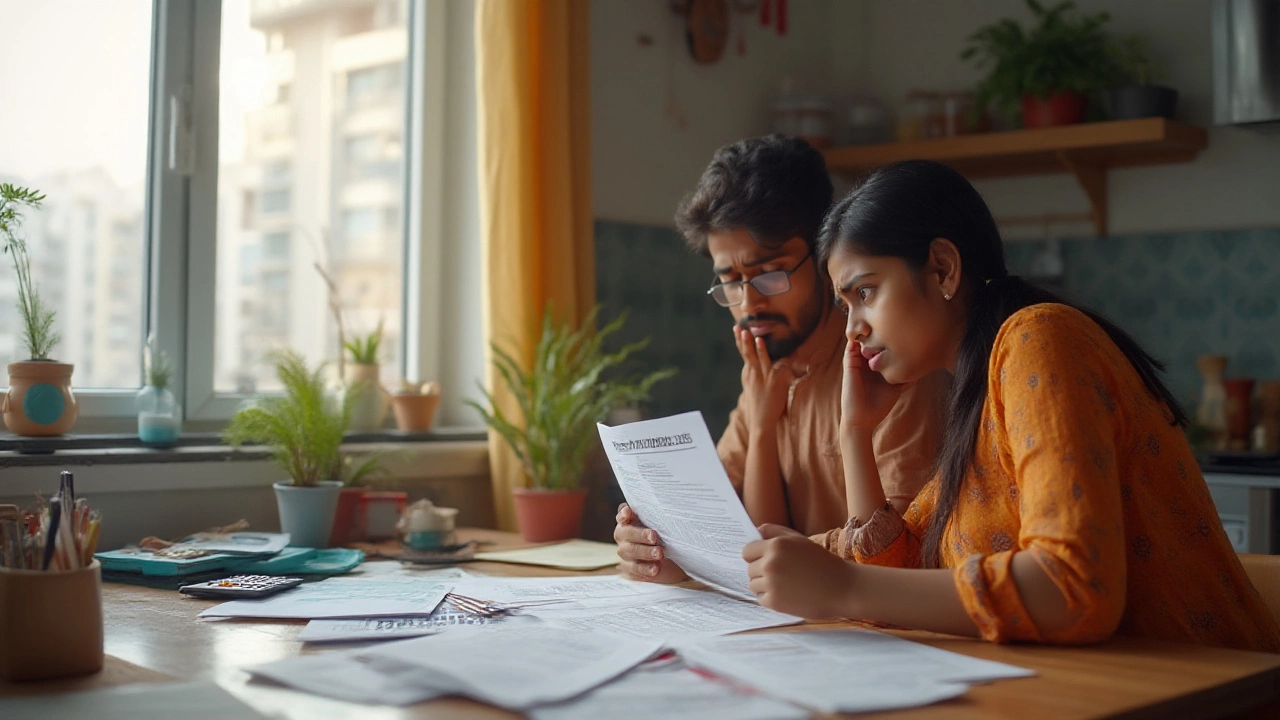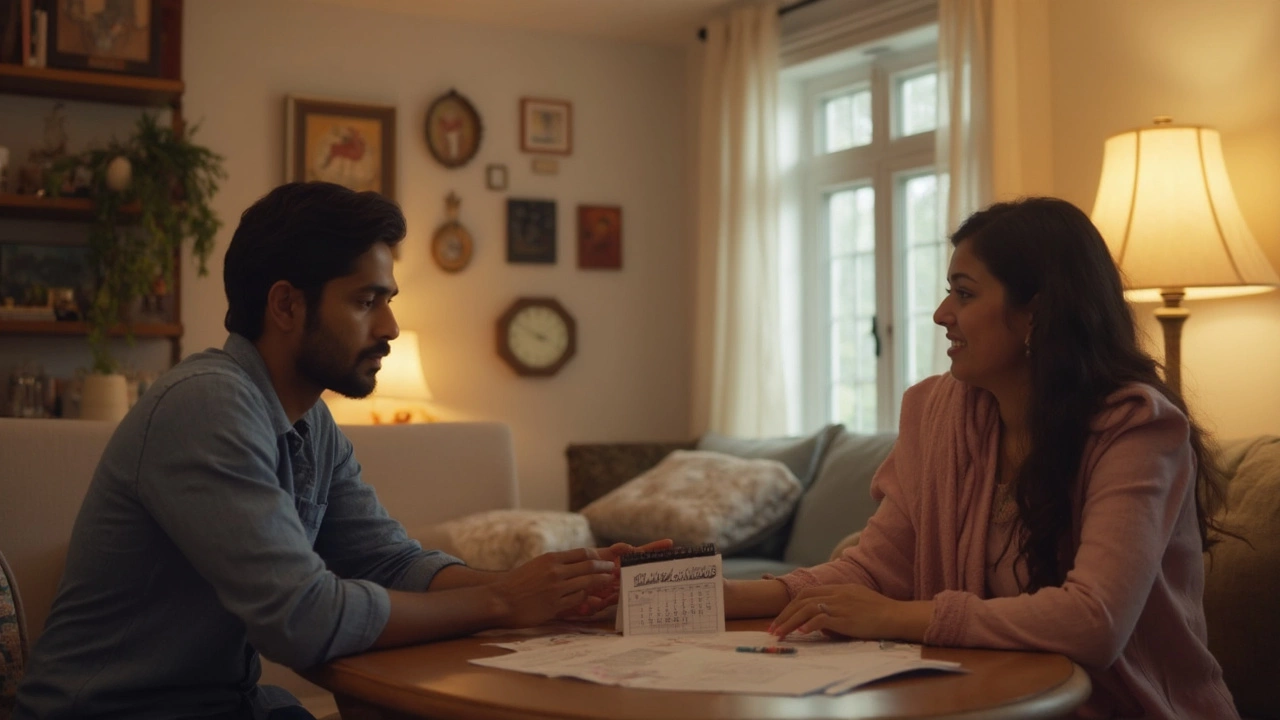Tenant Rights: Your Quick Guide to Renting Safely
Whether you’re moving into a flat in Mumbai or a house in a quiet suburb, knowing your rights as a tenant can save you stress and money. This guide breaks down the most important rules you should be aware of, from what to expect in a lease to how a landlord can (or cannot) raise your rent.
Read the Lease Like a Pro
The lease is the contract that defines the landlord‑tenant relationship. Look for clear clauses about rent amount, due date, security deposit, and maintenance responsibilities. If anything sounds vague, ask for clarification before signing. A well‑written lease will also spell out the notice period required for both parties if they want to end the agreement.
In many Indian states, a security deposit cannot exceed two months’ rent for residential properties. Make sure the landlord provides a written receipt and returns the deposit within the timeline stated in the lease, usually 30 days after you move out, provided there’s no damage beyond normal wear and tear.
Rent Increases and Notice Rules
Landlords can raise rent, but they must follow local guidelines. In Maharashtra, for example, rent hikes are limited to the inflation index and require a 60‑day notice. Check your state’s rent control rules to see what caps apply. If the landlord tries to increase rent without proper notice, you can challenge the hike in a rent control board or consumer court.
Another common issue is unwanted entry. A landlord may need to inspect the property or make repairs, but they must give you reasonable notice—typically 24 hours in most Indian states. They cannot just show up unannounced, and you have the right to refuse entry until proper notice is given.
Maintenance is a shared responsibility, but the landlord must keep the property habitable. That means fixing leaking roofs, broken plumbing, and faulty electrical wiring in a timely manner. If repairs are ignored, you can send a written notice and, if needed, approach the local municipal authority or file a complaint in the consumer forum.
Eviction is a serious step. A landlord can’t force you out without a court order. They must follow the legal process, which usually starts with a notice to vacate, followed by a court filing if you don’t comply. Never leave the premises without a written agreement on the move‑out date to avoid losing your deposit.
When disputes arise, try to resolve them amicably first. Many landlords prefer a simple conversation over a legal battle. If that fails, you can seek mediation through a local housing office, which often offers free or low‑cost services.
Finally, keep records of everything—rent receipts, maintenance requests, and communication with the landlord. These documents become vital if you need to prove your case in a tribunal or court.
Being an informed renter puts you in control and helps you enjoy your home without unnecessary headaches. Use this guide as a checklist the next time you sign a lease or face a rental issue, and you’ll handle it with confidence.

How Much Can Rent Increase Legally? Limits, Laws, and What Tenants Need to Know
Worried about your rent going up? Get the facts about how much a landlord can raise rent, legal limits, and your rights as a tenant in 2025.

Landlord Agreement: What It Really Means for Renters and Owners
Ever been confused about what a landlord agreement actually covers? This article breaks down what a landlord agreement is, the stuff it really protects, and why you shouldn't sign without reading the details. You'll get plain-English tips on legal must-haves, common mistakes, and those sneaky clauses that can trip up even experienced renters or first-time landlords. Get real examples, kid-proof advice (trust me, Vidya keeps wrecking things!), and know-how you can take to your next rental negotiation. Anyone renting, leasing, or letting out a home needs this guide on their side.

Can a Landlord Show a House You're Renting in Virginia?
Navigating the rules around when a landlord can show a rental property you're staying in can be a bit confusing. In Virginia, landlords do have the right to show their property to prospective tenants or buyers. However, they must provide reasonable notice, typically around 24 hours, unless otherwise stipulated in the lease. Understanding your rights as a tenant can help maintain your privacy while respecting the landlord's rights to manage their property effectively.

What Landlords Can't Do in Virginia: Essential Insights
Discover what landlords in Virginia cannot do, from entering rented homes without notice to arbitrarily increasing rents. Learn about tenant rights and common landlord limitations to ensure a fair and lawful rental agreement. Gain valuable tips on handling rental disputes and maintaining a healthy tenant-landlord relationship in Virginia. Stay informed, protect your rights, and ensure a smooth renting experience.

